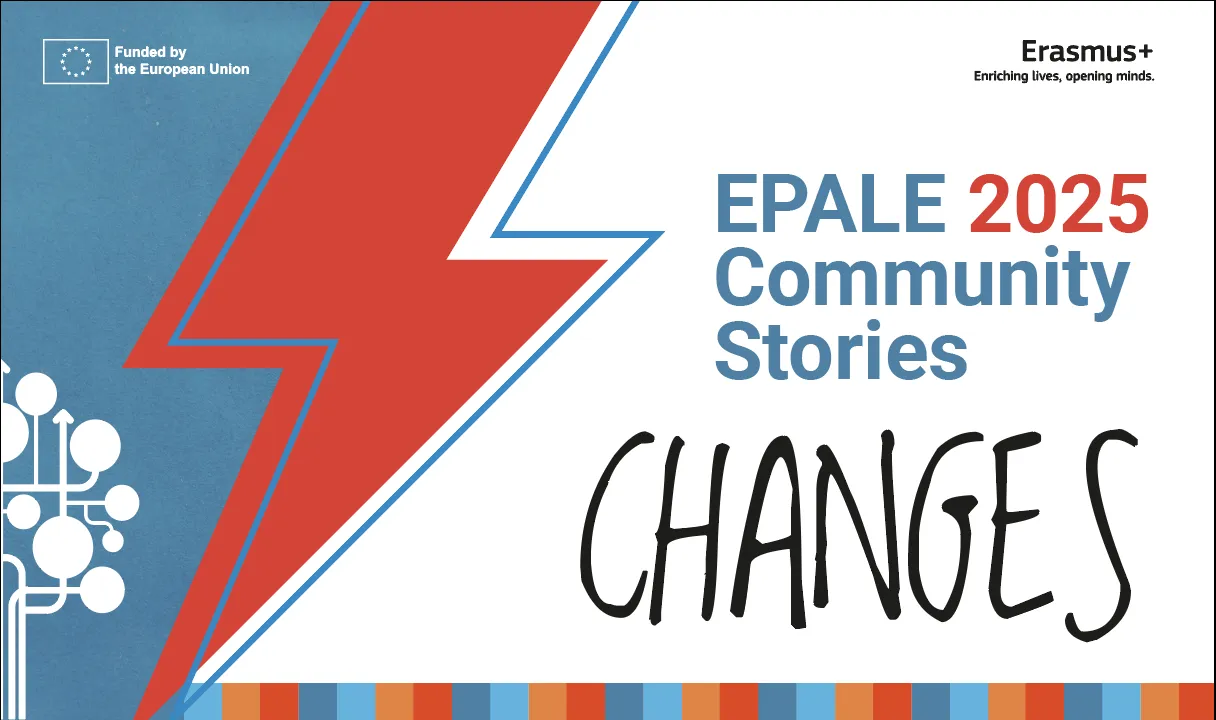New OECD Insights on Adult Learning in the EU
New OECD Insights on Adult Learning in the EU
New OECD data reveal widening gaps in adult learning.
Discover key EU challenges, and what must change to meet the goals set by the European Skills Agenda.





























